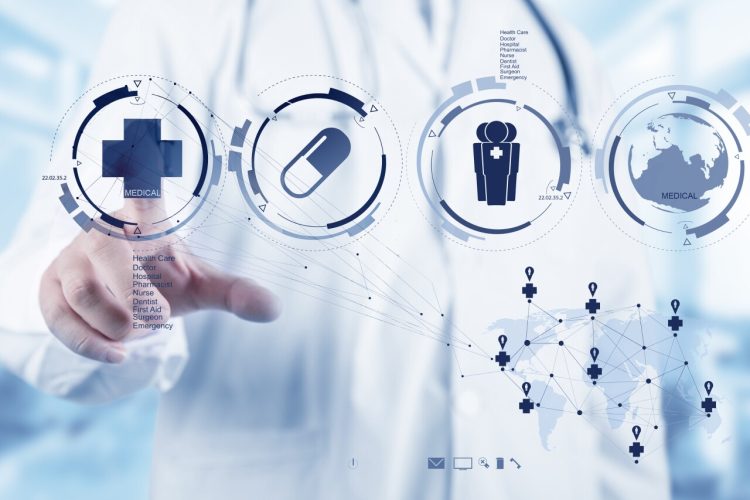In the soft glow of the dawn of a new era, the global healthcare industry stands robust, its pulse strong with the promise of innovation and opportunity. As chronic conditions such as cancer, diabetes, and hypertension become increasingly prevalent, a heightened focus on health has propelled the sector into an epoch ripe with potential.
Innovations Transforming Healthcare
Both technological and non-technological innovations are poised to revolutionize the quality, accessibility, and affordability of healthcare services. The burgeoning fields of genetic sequencing, cell therapy, artificial intelligence, and wearable health monitoring devices are flourishing, heralding an age of medical advancement. Telemedicine extends its digital lifeline to underserved and remote regions, democratizing healthcare access. “Healthcare Special Zones” are emerging to cater to the diverse and layered preferences of the populace. With the relentless surge of new technologies, products, and models, the global healthcare industry is bracing for a swift and vigorous expansion.
Market Projections and Technological Drivers
According to a recent report by global market research firm Technavio, the global medical device market is expected to burgeon by $194.3 billion by 2028, with a compound annual growth rate of 6.07%. Innovations and regenerative medicine are anticipated to be the main engines propelling this growth. Regenerative medicine, encompassing therapies using stem cells, tissue engineering, and artificial organs, is gaining traction for its potential to repair or replace damaged human cells, tissues, and organs. Surgical robots, liquid biopsies, and wearable medical devices are set to further accelerate market expansion.

The Potential of Medical Tourism
Deloitte’s “2024 Global Healthcare Industry Outlook” indicates a vast potential in the medical tourism market. Globally, approximately 11 million people sought medical treatment abroad in 2023, with the market expected to reach $43.7 billion by 2030, growing at an annual compound rate of about 33%. The cost for a single visit by cross-border patients ranges from $3,500 to $5,000. However, the persistence of inequality poses a challenge that could double the cost of health disparities to $1 trillion by 2040, amounting to about $3,000 per person annually if left unaddressed. The integration of artificial intelligence and machine learning technologies could play a pivotal role in mitigating these disparities.
Private Equity in Healthcare
Despite rising global interest rates, soaring inflation, and heightened geopolitical uncertainties in 2023, the healthcare sector’s private equity transactions remained vibrant, with announced deals reaching approximately $60 billion, as reported by Bain & Company’s “2024 Global Healthcare Private Equity Report.” The biopharmaceutical sector, in particular, showed robust momentum, accounting for 48% of the total global transaction volume, including six deals exceeding $2 billion. Looking ahead, generative artificial intelligence technologies are expected to significantly enhance productivity, optimize experiences for patients and providers, reduce administrative costs, accelerate biopharmaceutical research and drug development, and aid in the creation of the next generation of diagnostic tools. Major tech companies are actively seeking to collaborate with medical institutions to advance the application of generative AI technologies, while investors are eagerly backing startups in the burgeoning field of generative AI tools.































